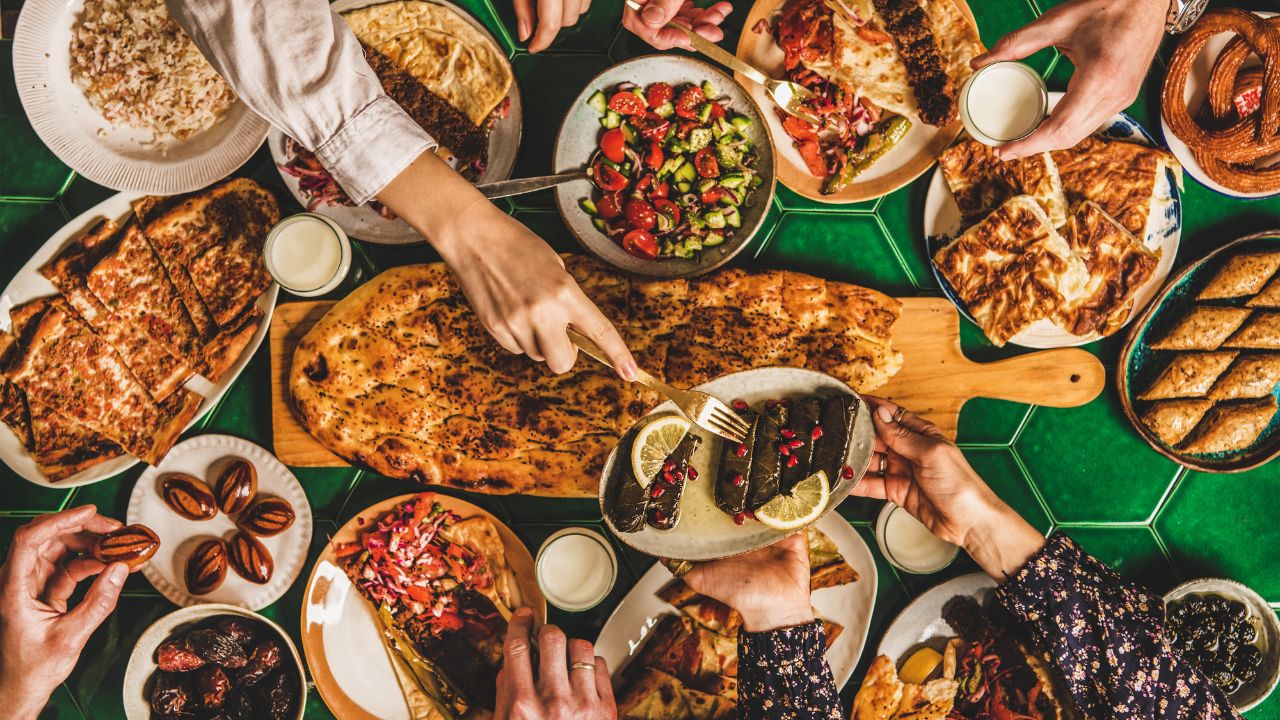
Discover how to navigate Ramadan safely with expert advice, especially for those managing health conditions
Ramadan is a time of reflection and spirituality, but fasting can pose unique challenges for individuals managing health conditions, particularly diabetes. According to Dr. Hala El Ahmadieh, Diabetes & Endocrinology Consultant at HealthPlus Diabetes and Endocrinology Center, Ramadan fasting can have both positive and negative effects.
On the positive side, fasting is known to improve insulin sensitivity and may help regulate blood pressure and cholesterol levels. For individuals who are overweight or obese, fasting can aid weight loss and improve gut health.
However, fasting also carries risks such as hypoglycemia (low blood sugar) during the day or hyperglycemia (high blood sugar) after calorie-dense Iftars and Suhoors. Dehydration is another significant concern, especially in the UAE’s warm climate, where fasting hours can be long.
To navigate these challenges, it’s crucial for individuals with diabetes to prepare well in advance. “Patients should undertake a pre-Ramadan risk assessment and consult their doctors to adjust medications, diet, and exercise routines appropriately,” says Dr. Hala.
How should you prepare for Ramadan?

Preparing for Ramadan is key to ensuring a safe and fulfilling experience. Dr. Hala recommends starting preparations at least three months before Ramadan with a risk assessment that includes blood glucose monitoring, a Hemoglobin A1C test, and checks on cholesterol, blood pressure, and dietary habits.
Once fasting begins, diabetics are advised to:
- Delay Suhoor as much as possible to sustain energy during the day.
- Maintain a balanced diet with a focus on fresh ingredients, avoiding fried and overly fatty foods.
- Monitor blood sugar levels regularly, depending on individual risk levels, with high-risk patients checking up to seven times a day.
Regular follow-ups with healthcare providers during Ramadan can help adjust medication dosages and ensure patients are managing their health effectively.
What are the best nutrition tips for Ramadan?

When it comes to Iftar and Suhoor meals, balance is everything. Dr. Hala suggests filling half your plate with vegetables, one-fourth with protein, and the remaining one-fourth with complex carbohydrates. For hydration, aim for two to three litres of water between Iftar and Suhoor.
You might also like: The ultimate guide to Ramadan 2025
She also recommends avoiding fried foods and heavy fats, opting instead for lightly cooked dishes with minimal oil. Adding high-fibre foods and fresh fruits and vegetables like cucumbers, watermelon, and berries can help keep you full and hydrated throughout the day.
While exercise is encouraged, stick to light activities like walking or cycling to avoid dehydration.
Can Ramadan practices be sustained post-Ramadan?

Healthy habits developed during Ramadan can be carried forward into everyday life. Dr. Hala highlights the benefits of intermittent fasting, which has shown positive effects on weight management, gut health, and even mental well-being.
“Once you fast for a certain period, your body starts using fat as an energy source, which promotes weight loss,” she explains. Additionally, fasting can reduce appetite over time, thanks to hormones that make you feel fuller and suppress hunger.
Many patients continue intermittent fasting after Ramadan to maintain the physical and mental benefits they’ve experienced.
Expert advice for a holistic Ramadan experience

At HealthPlus clinics, patients receive a comprehensive care plan tailored to their needs. Beyond consulting with a physician, patients are referred to nutritionists and other specialists, such as ophthalmologists, to address all aspects of their health.
For a safe and spiritually fulfilling Ramadan, planning is key. With the right support and guidance, even those managing chronic conditions like diabetes can embrace the holy month and its traditions while safeguarding their health.
For more information, visit hplus.ae
Follow Yalla for healthcare advice
